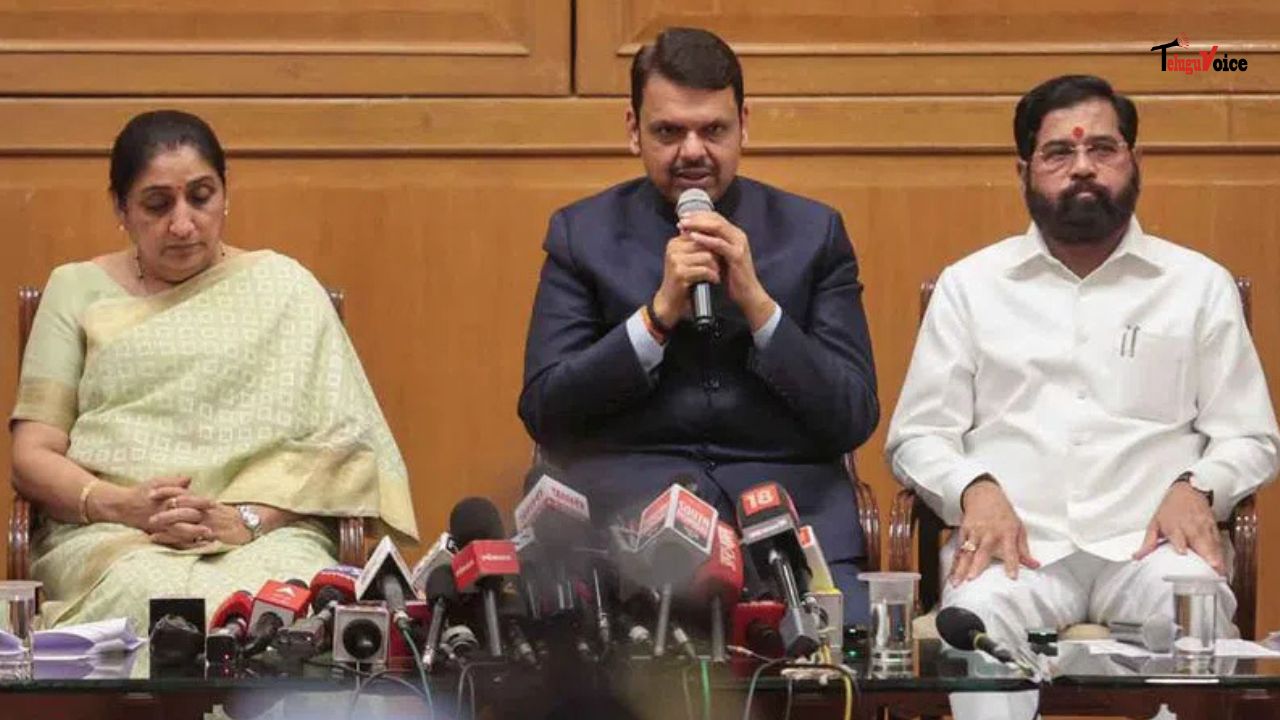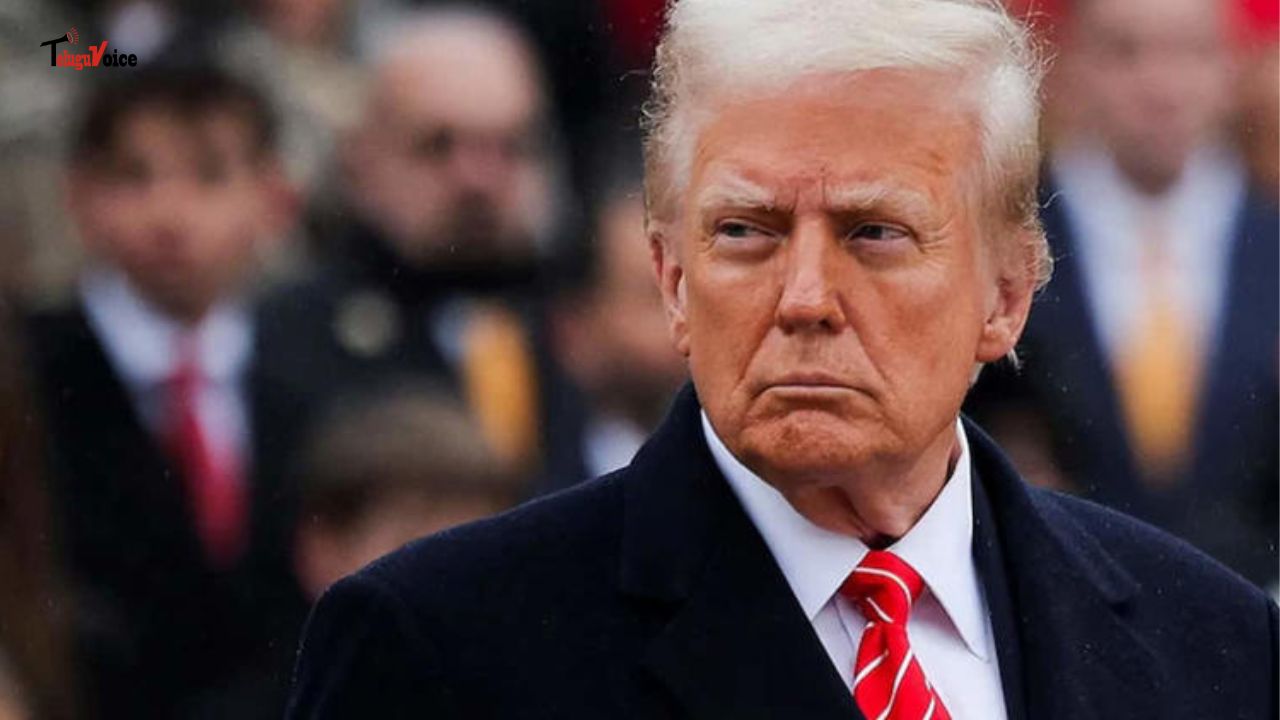Confusion Among Indian Students in the US Over Tax Residency Rules and H-1B Applications

Many Indian students studying in the US are facing a dilemma due to a strict interpretation of tax residency rules by some American accountants, particularly after the five-year tax exemption period under the F-1 visa comes to an end. This conservative stance is raising concerns for those applying for H-1B work visas after graduation.
Under US tax law, individuals who meet the criteria of the Substantial Presence Test (SPT) are considered US tax residents, requiring them to pay the same taxes and disclose global assets like US citizens. F-1 visa holders benefit from a special exemption from this rule for five years, paying lower taxes and enjoying fewer reporting obligations during that period. However, for those who stay in the US longer—such as post-graduate or doctoral students—navigating these tax rules becomes more complex.
Beyond the five-year exemption, students can continue to claim non-resident status if they prove their ties to India, including maintaining a permanent home there and avoiding steps that suggest an intention to stay in the US permanently. This is where the problem arises—what constitutes "steps" toward permanent residency is now a contentious issue.
According to Priyanshi Chokshi of Adarsha Legal, the key question is whether applying for the H-1B visa lottery, even before the results are announced, constitutes an active step toward permanent residency. Some US CPAs take a cautious approach, interpreting the mere act of applying for the lottery as evidence of intent to stay permanently, thus triggering tax residency rules and global disclosure requirements.
This strict interpretation is causing frustration for students who, despite being on a second F-1 visa, may lose their tax benefits and face the burden of disclosing global assets, including investments and properties in India. The conservative stance is not based on any new IRS regulations but has nonetheless led to differing opinions among CPAs.
Sanket Shah of NS Global believes this approach is overly cautious, emphasizing that applying for an H-1B does not automatically change the student's tax status. Only once the H-1B is approved would the rules regarding tax residency and the substantial presence test come into effect.
The timing of tax filings and H-1B applications adds another layer of complexity. While taxes are due by April 15, H-1B applications can be submitted up until June. A student might not have applied for an H-1B by the tax deadline but could decide to do so later, complicating their tax filings.
The varied interpretations of tax residency and visa status are leaving many Indian students in a state of uncertainty, forcing them to choose between higher taxes and the extensive paperwork required to comply with global asset disclosure requirements.

 South Africa tour of India 2019
South Africa tour of India 2019










Comments